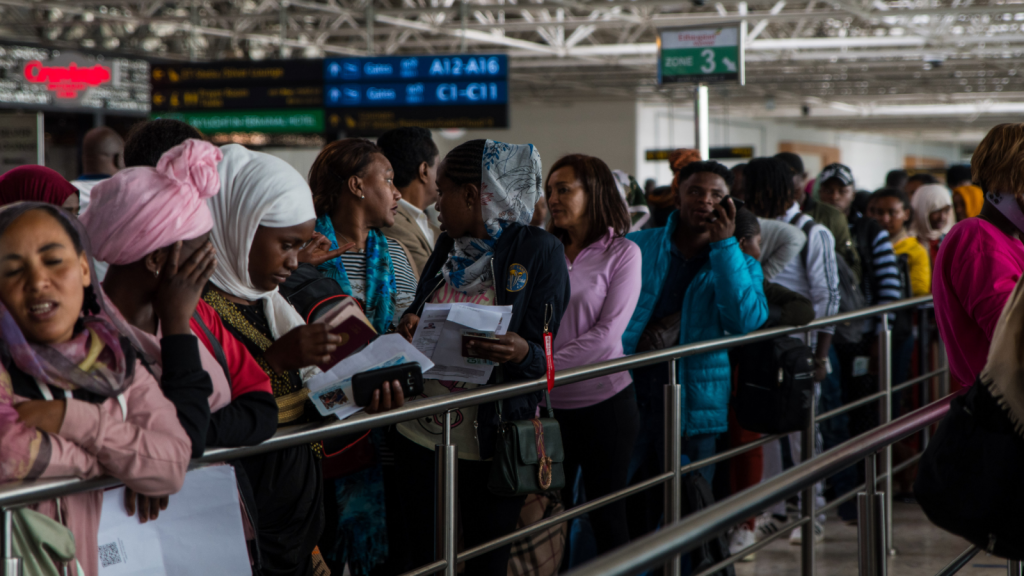Migrant workers help power economies across the globe, yet many face unsafe conditions, unfair treatment, and little to no legal protection. From construction to domestic work, their labour is essential—but so is their safety and dignity. According to the Global Slavery Index, migrant workers are three times more likely to experience forced labour than non-migrants.
To address these urgent challenges, Walk Free and the Global Migrant Workers Network are urging governments, employers, and international bodies to implement six key actions that could dramatically improve migrant workers’ lives.
1. End Recruitment Fees and Ensure Ethical Hiring
Many migrants begin their journey already burdened by heavy recruitment debts. To stop exploitation before it starts, recruitment processes must be free, fair, and gender-sensitive. Governments need to regulate agencies strictly and hold employers responsible for ethical hiring practices that do not trap workers in debt cycles.
2. Guarantee Equal Pay Through Minimum Wage Laws
Every worker deserves fair wages, regardless of their nationality, race, or language. Governments must establish and enforce non-discriminatory minimum wages that meet basic living needs. Fair pay is a cornerstone of equal treatment and social justice.
3. Create Safe and Decent Working and Living Conditions
Too often, migrant workers live in cramped, unsafe housing and work in hazardous environments. Enforcing safety standards for both homes and workplaces is essential. No one should have to risk their life or dignity just to earn a living.
4. Provide Access to Healthcare and Social Protection
Many migrant workers are excluded from health services and social support, making them vulnerable in times of illness or injury. Universal access to healthcare, sick leave, and compensation for workplace accidents should be guaranteed, regardless of immigration status.
5. Safeguard Basic Rights and Freedoms
Migrant workers must be able to speak up, join unions, and change jobs without fear. Governments must protect their freedom of association, expression, and movement to allow them to raise concerns and stand up for their rights safely.
6. Abolish the Kafala System and Strengthen Labour Laws
The kafala system, still used in several countries, gives employers excessive control over migrant workers, often leading to abuse and forced labour. It must be dismantled. Migrants should be covered under the same labour protections as all other workers and allowed to change employers without risking deportation.
These steps are not just about laws and policies—they are about recognizing the value of migrant workers. They are more than labourers. They are caregivers, builders, and essential members of communities worldwide. It’s time their rights matched the vital roles they play.
Why are migrant workers more at risk of exploitation?
Migrant workers are often unfamiliar with local laws, lack legal status, or are tied to employers through restrictive systems like kafala, making them more vulnerable to abuse, low pay, and unsafe working conditions.

